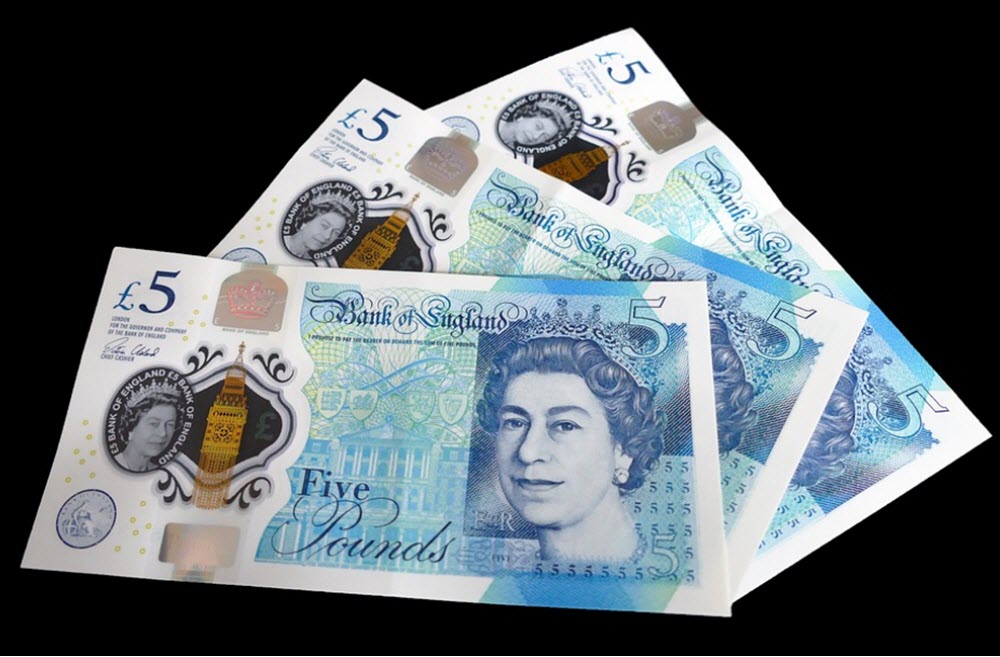Forex trading, or the trading of currencies on the foreign exchange market, is a popular form of investment in the United Kingdom. The forex market is one of the most liquid and volatile markets globally. For those embarking on the journey of forex trading in the UK, choosing the right broker is a critical first step. This article offers guidance on meticulously identifying and selecting a suitable UK forex broker by comparing different forex brokers using ForexBrokersOnline. The guide below will teach you which factor you should focus on when comparing brokers on ForexBrokersOnline.com. .

Understanding Regulatory Compliance
Financial Conduct Authority (FCA)
The Financial Conduct Authority (FCA) regulates forex brokers in the UK. The FCA is one of the most respected regulatory bodies in the financial world. When selecting a forex broker, it is imperative to ensure that they are registered and regulated by the FCA. This provides a degree of protection to traders, as FCA-regulated brokers are required to adhere to strict standards and regulations.
FCA Consumer Protection Measures
Compensation Schemes
In the event of a financial firm’s failure, the FCA ensures that customers have avenues for compensation. One such avenue is the Financial Services Compensation Scheme (FSCS), which can compensate consumers if a regulated firm cannot meet its financial obligations.
Client Money Protection
The FCA mandates that financial firms separate client funds from their own operational funds. This segregation of funds ensures that client money remains protected even if the firm encounters financial difficulties.
Complaints and Dispute Resolution
The FCA requires that regulated firms have procedures in place for resolving customer complaints fairly and efficiently. Furthermore, customers who are dissatisfied with how a firm has handled their complaint can escalate the issue to the Financial Ombudsman Service, an independent body that resolves disputes between consumers and financial firms.
Limitations on Leverage and Risk Products
To protect consumers from excessive risks, especially in high-risk investment products like CFDs, the FCA has imposed limitations on leverage and has mandated that firms offer risk warnings to customers.
Evaluating Trading Platforms
Features and User Interface
The trading platform is the trader’s portal to the markets. A quality trading platform should offer robust features, be reliable, and have an intuitive user interface. Some brokers offer proprietary trading platforms, while others might offer platforms like MetaTrader 4 or MetaTrader 5.
Mobile Trading
In an age where trading can take place at the swipe of a finger, it is important to consider whether the broker offers a mobile trading option. This allows for trading on the go and the ability to monitor the markets and execute trades from anywhere.
Analysing Costs and Fees
Spreads and Commissions
Traders should pay attention to the spreads and commissions charged by forex brokers. The spread, which is the difference between the bid and ask prices of a currency pair, is how most brokers generate revenue. Lower spreads are generally preferable, but it’s also important to weigh the spreads against the broker’s range of services.
Non-trading Fees
Beyond spreads and commissions, it’s vital to be aware of any non-trading fees, such as withdrawal fees or inactivity fees, that the broker may charge.
Considering Account Types
Diverse Account Options
Brokers often offer various account types, each with different features and requirements. For instance, some accounts may require a higher minimum deposit but offer lower spreads. Evaluate the options and choose an account type that aligns with your trading goals and capital.
Exploring Educational Resources and Customer Support
Education and Market Analysis
For both novice and experienced traders, educational resources and market analysis are invaluable. Consider whether the broker offers educational materials, webinars, and analysis that can help you make informed trading decisions.
Customer Service
Reliable customer support is essential. Consider whether the broker offers multiple channels for support, and whether their service is prompt and helpful.
Utilizing Demo Accounts
Before finalizing a broker, it is highly recommended to use a demo account if it’s offered. This allows you to familiarize yourself with the trading platform using virtual funds and understand if the broker’s offering meets your requirements.
This article was last updated on: May 11, 2025
